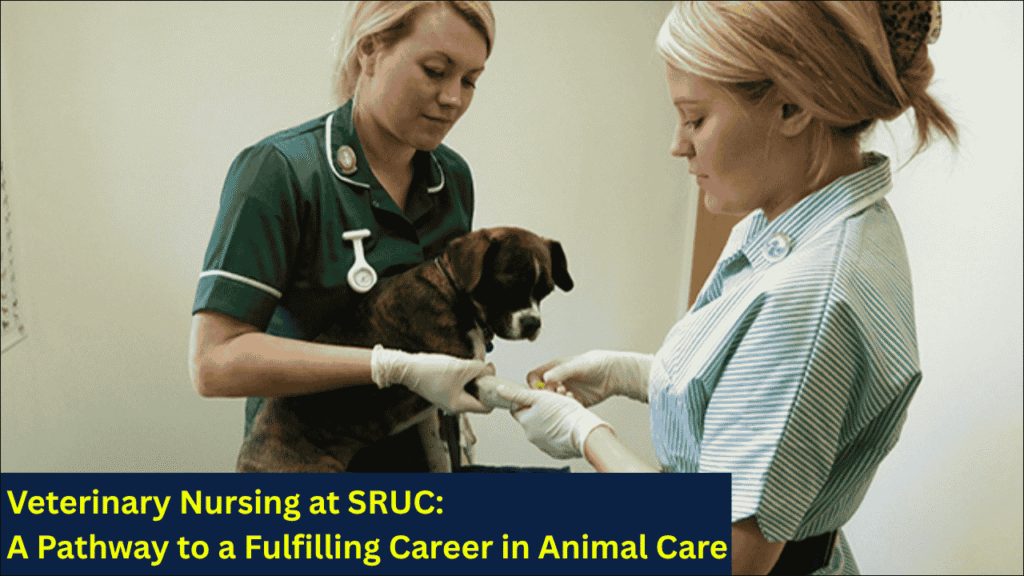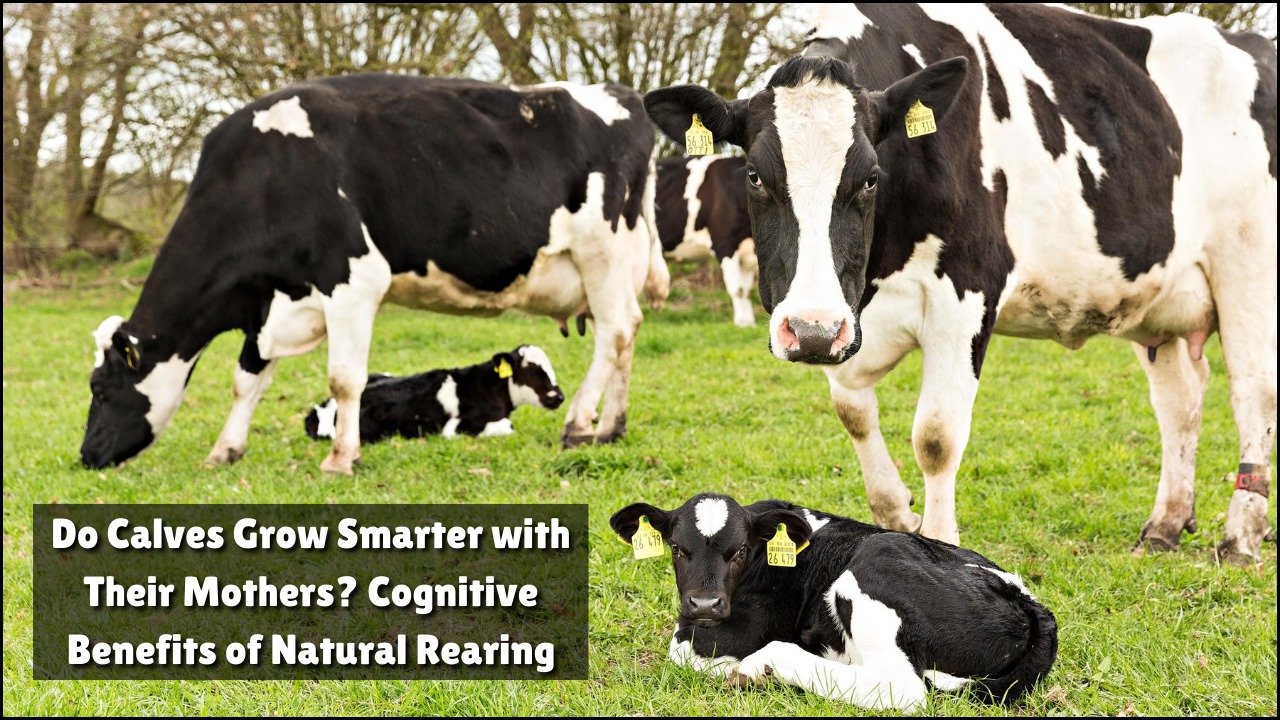
Veterinary nursing at SRUC offers an exceptional opportunity for individuals passionate about animal welfare and healthcare. A career in veterinary nursing is not only emotionally rewarding but also professionally secure, with 100% of both Higher Education Veterinary Nursing graduates and Level 3 Diploma students securing employment upon completion of their studies. This specialized field includes working with a diverse range of animals and participating in both clinical and technical procedures that are essential in veterinary care.
Table of Contents
Key Responsibilities of Veterinary Nurses
- Animal Care: Veterinary nurses are trained to handle and care for animals, including dogs, cats, rabbits, reptiles, birds, and horses. Some may also assist with farm animals.
- Support in Medical Procedures: Nurses assist in radiography, anaesthesia, and laboratory tasks, ensuring accurate diagnostics and treatment.
- Surgical Assistance: During surgeries, veterinary nurses prepare equipment, assist the vet, and monitor the patient throughout the procedure.
- Client Interaction: Veterinary nurses often communicate with pet owners, providing education about post-treatment care, nutrition, and preventive health.
- Post-operative Care: After medical or surgical treatments, nurses offer rehabilitative and follow-up care to ensure the animal’s full recovery.
Employment Opportunities After Graduation
Veterinary nursing graduates from SRUC have a wide range of employment options. These include:
- Veterinary Practices: Most graduates start their careers in general or specialized veterinary practices. They often progress to become senior nurses or head nurses.
- Practice Management: With experience, veterinary nurses can move into leadership roles, managing veterinary practices and leading healthcare teams.
- Pharmaceutical Industry: Opportunities exist in pharmaceutical companies where nurses may work in animal drug development, clinical trials, or sales.
- Pet Nutrition and Insurance: Careers as nutritional advisers or in pet insurance provide avenues to work outside clinical settings while still impacting animal health.
- Animal Welfare Organizations: Graduates can also work in rescue shelters or NGOs focused on animal welfare and community outreach programs.
SRUC Veterinary Nursing Courses
Students can pursue different veterinary nursing pathways at SRUC, designed to meet a range of career goals:
| Course | Qualification Level | Duration | Description |
|---|---|---|---|
| Level 3 Diploma in Veterinary Nursing | Further Education (FE) | 2-3 years | Prepares students for direct entry into practice roles. |
| BSc in Veterinary Nursing | Higher Education (HE) | 3-4 years | Offers in-depth theoretical and practical training in the field. |
| Top-up Courses | Post-Diploma | 1 year | Ideal for diploma holders seeking a bachelor’s degree. |
| CPD Courses | Continuing Professional Development | Variable | Designed for professionals to upskill and specialize further. |
Virtual Experience and Open Days
SRUC provides potential students with a chance to explore its campuses and academic life through:
- Virtual Experience Platform: A digital environment that showcases videos, course materials, and life at SRUC, providing a realistic insight into veterinary nursing education.
- Open Days: Both in-person and virtual open days allow attendees to meet faculty members, tour the facilities, and interact with current students.
Student Support and Learning Environment
SRUC ensures a supportive and hands-on learning experience:
- Practical Learning: Students gain real-world skills through clinical placements in veterinary practices.
- Modern Facilities: On-campus resources include laboratories, animal care units, and digital learning platforms.
- Career Guidance: Expert tutors and career counselors guide students from enrollment to employment.
- Small Class Sizes: Personal attention ensures that every student receives tailored academic support.
Benefits of Studying at SRUC
| Feature | Advantage |
|---|---|
| 100% Employment Rate | Ensures job security and immediate opportunities after graduation. |
| Multispecies Training | Prepares students for a diverse work environment, including exotics and farm animals. |
| Flexible Study Options | Full-time, part-time, and distance learning modes available. |
| Industry-Relevant Curriculum | Courses are aligned with current veterinary practice needs. |
| Supportive Community | Strong student support systems and an inclusive learning environment. |
Pathway from Assistant Roles to Qualified Nursing
Animal Nursing or Care Assistant roles serve as a stepping stone for those wishing to become veterinary nurses. These roles involve:
- Supporting Vets and Nurses: Assisting in everyday patient care, feeding, and cleaning duties.
- Handling and Restraint: Learning basic skills to safely handle animals during procedures.
- Opportunity for Progression: Many assistants go on to pursue formal qualifications in veterinary nursing through SRUC.
How to Learn More
Prospective students can stay informed through the following:
- Requesting a Prospectus: The SRUC prospectus contains detailed course information and entry requirements.
- Joining the Mailing List: Personalized updates based on interests and career goals.
- One-on-One Enquiries: Direct interaction with SRUC advisors for personalized course guidance.
Contact Opportunities
| Resource | Purpose |
|---|---|
| Mailing List | Receive updates on courses and admissions |
| Prospectus Download | Understand course structure and requirements |
| Open Day Booking | Visit campus or attend virtually |
| Virtual Experience Portal | Explore facilities and student life |
Closing Perspectives
Veterinary nursing at SRUC opens the door to a dynamic and compassionate profession focused on animal care and welfare. With guaranteed employment after graduation, a wide range of study options, and access to modern resources, students are well-equipped for successful careers. The comprehensive education, hands-on training, and strong support network make SRUC a premier choice for aspiring veterinary nurses.





